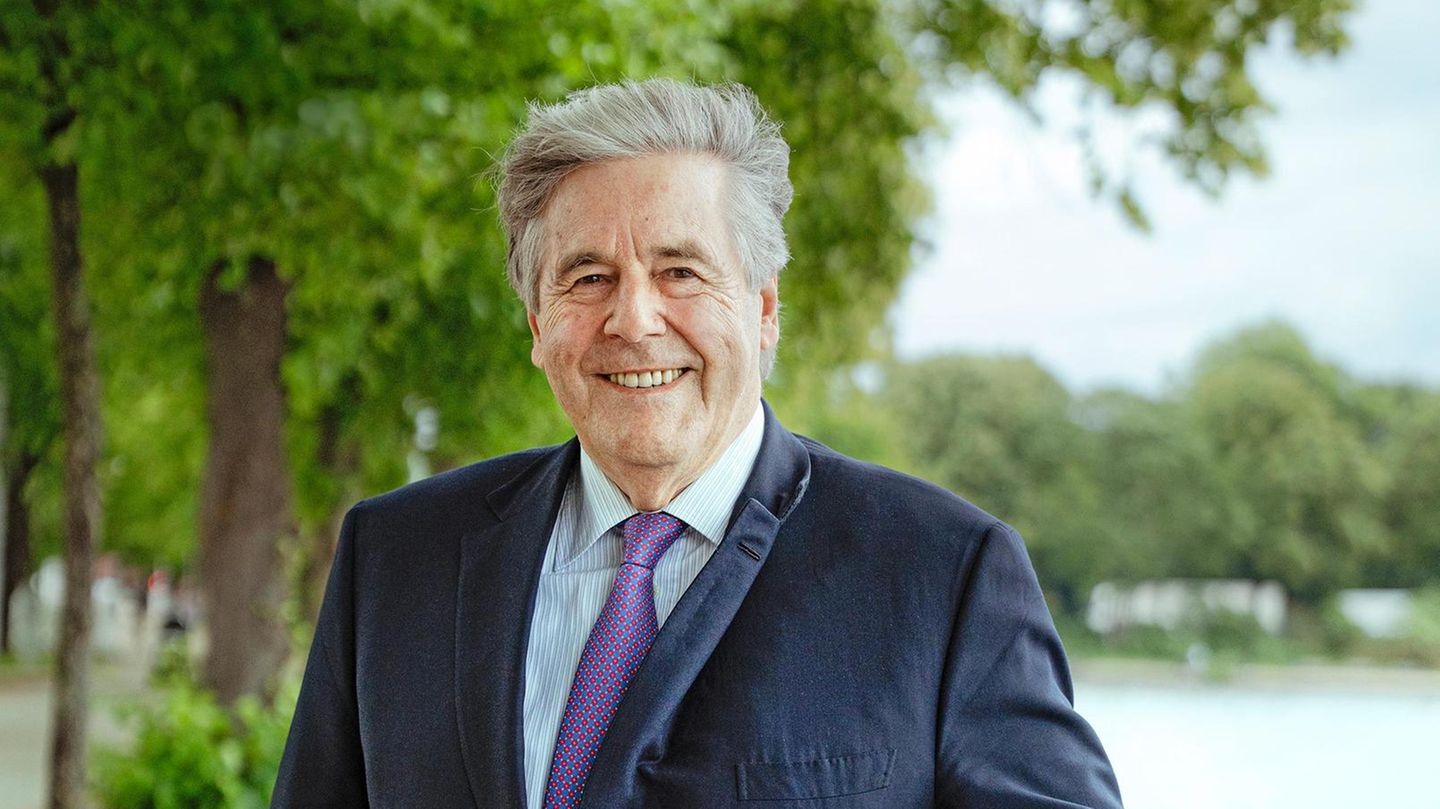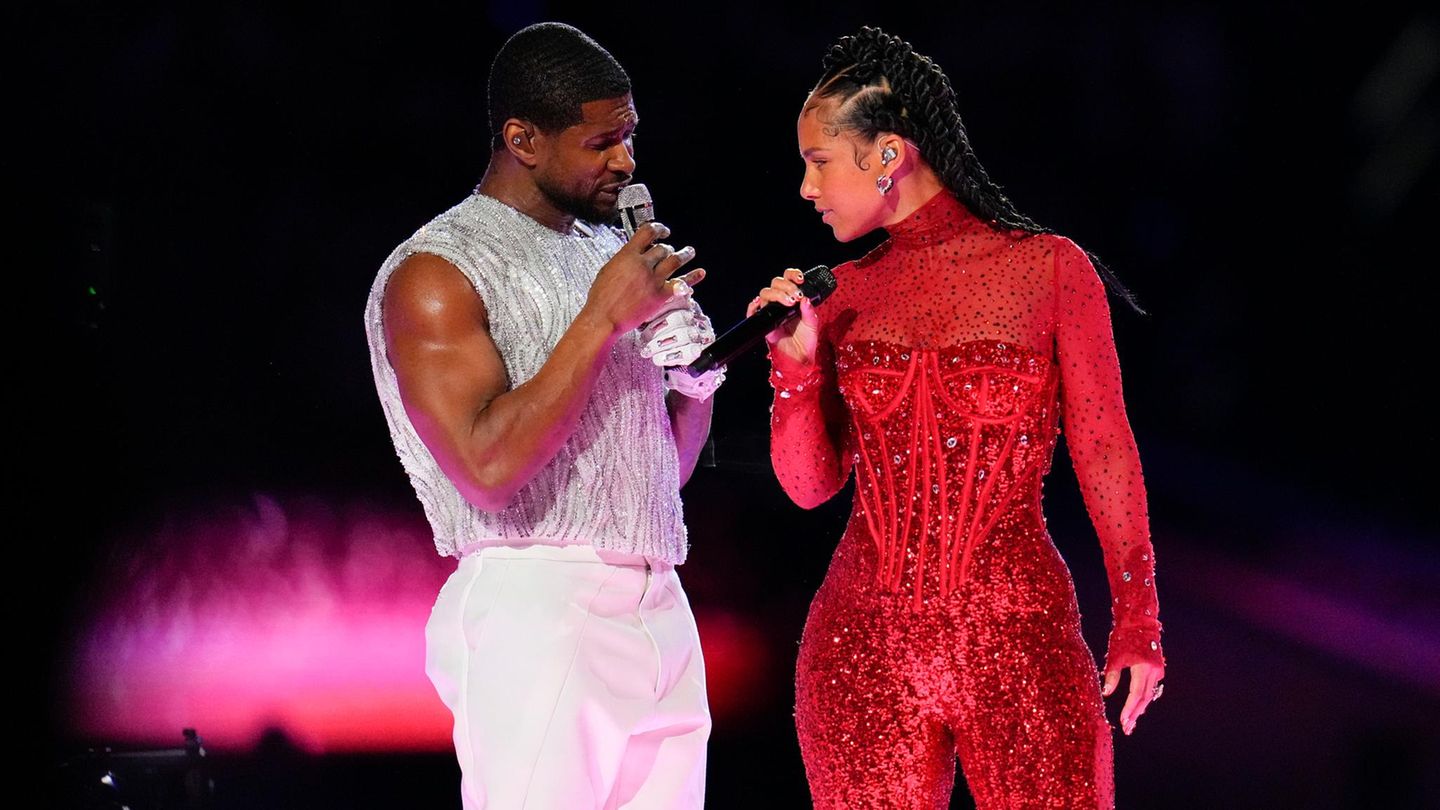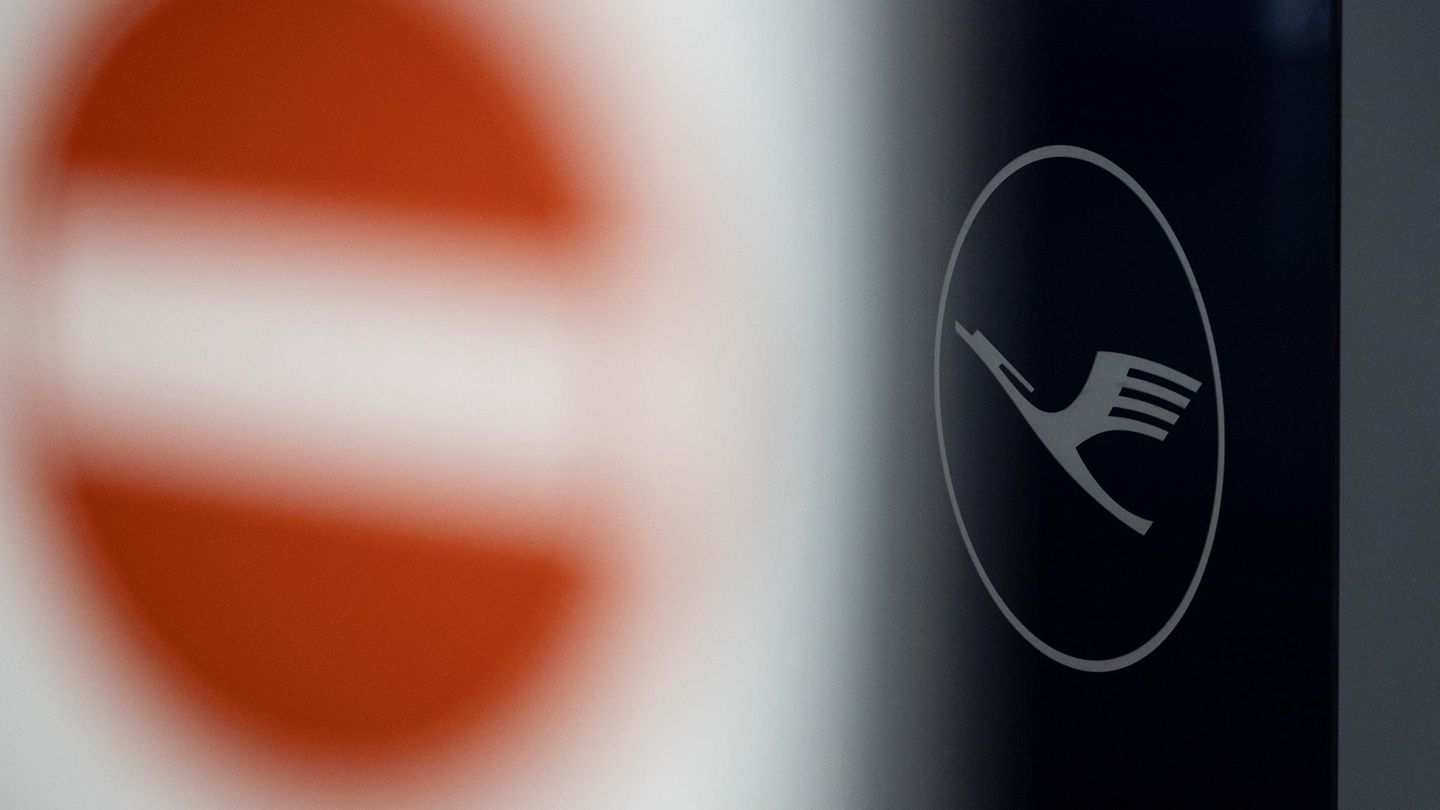It was one of the most exciting federal elections in a long time – the Union and the SPD are almost equal. Both Laschet and Scholz derive a claim to power from this.
It is a historic election failure for the Union: At the end of the era of Chancellor Angela Merkel, the CDU and CSU crash on their by far worst result in a federal election.
But in the last few meters, Chancellor candidate Armin Laschet has made up some ground and is not as far behind his SPD competitor Olaf Scholz in the projections on Sunday evening than many expected.
Therefore, shortly before 7 p.m. in the Konrad-Adenauer-Haus, he appears very calmly in front of his supporters. He only casually mentions that one cannot be satisfied with the result. In return, he confidently declares his claim to power: “One vote for the Union is one vote against a left-wing federal government. That is why we will do everything in our power to form a federal government under the leadership of the Union. ” So there are two who claim the Chancellery for themselves.
Scholz: “We want to form the next government”
Shortly after Laschet, Olaf Scholz appears in front of the cameras in the Willy Brandt House. He started this election campaign as a blatant outsider, but in recent months has catapulted the SPD out of a deep survey hole to the top in the three-way battle for the Chancellery – also thanks to the mistake of Laschet and Green Chancellor candidate Annalena Baerbock. In the end it became a close thing. In the evening, the SPD’s lead over the Union is between 1.2 and 1.5 percentage points.
Scholz also makes his claim to lead a government clear. At first a little shy and rambling, later more and more clearly: “I believe that we can derive the mandate from this, that we say: We want to form the next government,” he says.
Two parties as chancellor makers
After the most exciting election of the last few decades, an even more exciting government is about to be formed. Both Laschet and Scholz will sound out their coalition options – regardless of whether they are in first or second place. Both will vie for the same partners: Greens and FDP. The so-called traffic light (red-green-yellow) competes against a coalition of the Union, Greens and FDP named after the national colors of Jamaica.
Before the election, the two parties, which are now Chancellor-makers, made it pretty clear which coalition they lean towards: For the FDP it is Jamaica, the Greens prefer the traffic light. But nobody wants to commit themselves on Sunday evening.
The Green Chancellor candidate Annalena Baerbock, who landed far behind in third place behind Laschet and Scholz, only speaks of a “voter mandate to ensure a renewal in the country”.
FDP leader Christian Lindner also avoids clearly positioning himself for the Union or the SPD as a coalition partner. Instead, he prefers to highlight the similarities with the Greens, with whom he was not particularly light-hearted in the election campaign. “What the Greens and FDP have in common is that they both ran their own election campaign. Both have – from different perspectives – opposed the status quo of the grand coalition, ”he says.
Probing all over the place
In addition, he brings a whole new variant of the exploration into play: The two potential chancellor-makers will first clarify with each other who they want to form a coalition with. “We’re about content,” he says in the traditional elephant round after the election on ARD and ZDF. Baerbock promptly agrees to do so.
There are no formal rules for forming a government. Usually the strongest party invites to talk. But there have also been elections in which the second strongest force formed a coalition. So there is nothing wrong with exploratory talks all over the place.
Fallback option red-green-red is probably out of the question
One trump card for Scholz is probably missing. The fallback option red-green-red with the left will probably not exist for him. The left scratched the five percent mark on Sunday evening and even if it moves into the Bundestag, it should not be enough for a majority according to all projections. Scholz cannot create a threatening backdrop with it.
Nevertheless, the one with the best cards goes into the probes who, according to the preliminary official final result, is ahead of the game. And there the signs in the evening clearly pointed to the SPD.
For emergencies: red-black
If everything goes wrong, there is still an emergency option: the alliance with which Merkel ruled for 12 of her 16 years in office. The grand coalition of the two strongest forces, the Union and the SPD, was a pinch after the last federal election when the Jamaica negotiations broke down. At that time, the SPD literally tortured itself into the so-called GroKo, which made it jointly responsible for its poor election result.
Laschet also made it clear on Sunday evening that he was no longer interested in a new edition. The working style of this alliance was “not promising,” he said. “We need a real fresh start here.”
By the way, spectators at the upcoming explorations will not only be from the Left, but also from the AfD. It is the only party that basically nobody wants to govern with. And it will probably no longer be the strongest opposition party. This role will probably be played by the Union or the SPD.
Difficult negotiations: government only after Christmas?
After a federal election, it usually takes one to three months for a new cabinet to be sworn in. By Christmas you were almost always finished. With one exception: after the last election in 2017, there was an unprecedented hangover. It was not until March 14th – almost six months after the election date – that Germany had a government. Willy Brandt (SPD) in 1969 and Helmut Kohl (CDU) in 1983 showed that things can go much faster, who only needed 24 days to forge coalitions with the FDP.
This time, the complicated constellation suggests that it will take a long time again. On the other hand, 2017 is seen as a chilling example that nobody really wants to repeat. Because a long transition period does not make a good impression internationally either. On January 1st, Germany takes over the presidency of the G7, the club of the great western economic powers. The allies should already know who they are dealing with.
Because of this, among other things, the two main actors were determined on Sunday not to repeat the hanging game from 2017. They want to do everything to ensure “that we are ready before Christmas,” said Scholz. And Laschet agreed: “Definitely before Christmas.”
David William is a talented author who has made a name for himself in the world of writing. He is a professional author who writes on a wide range of topics, from general interest to opinion news. David is currently working as a writer at 24 hours worlds where he brings his unique perspective and in-depth research to his articles, making them both informative and engaging.




